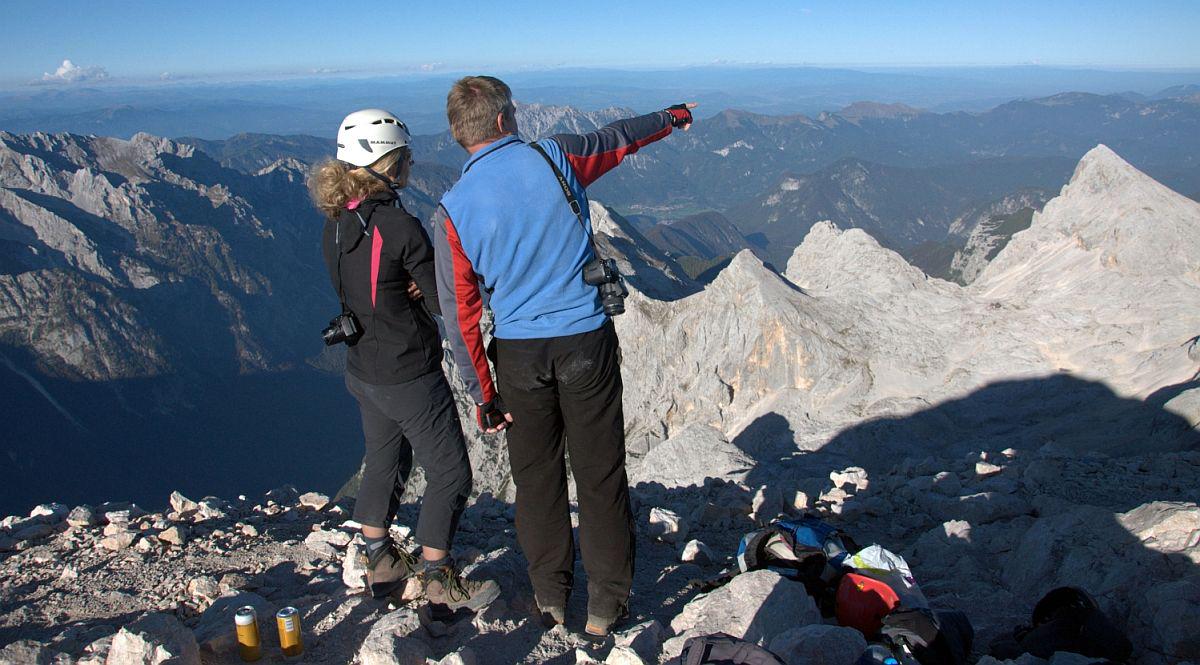
Named after the Slovenian word for rock, the Skala Mountaineering Club came to symbolize the Slovenian people’s love affair with the mountains. It also left an impressive legacy in both skiing and photography.
The club was founded in 1921 just after the creation of a new South Slavic state – a time when the Slovenian people, liberated from the Hapsburg yoke, were full of national zeal and were determined to prove that they could compete with the best in any endeavor.
A large part of Skala’s activities consisted of regular maintenance high above the tree line – routine work that made hiking possible for thousands. Members of the club blazed trails, repaired footpaths, and built shelters. They also shared their experience with younger mountaineers at various events and lectures. They wore distinctive pins, featuring an edelweiss in Slovenian national colors, and sang their own official anthem.
Consisting of just 23 members at first, the club grew quickly, as did the range of activities in which it participated. Its daring expeditions into the Slovenian mountains, including those led by the famed woman mountaineer Pavla Jesih, gave it national prominence. Also among Skala’s members was Joža Čop, whose legendary feats made him Slovenia’s most famous mountaineer of all time.
Skala also helped to popularize skiing. It made the sport respectable and within just a few years, its ski team became the best in all of Yugoslavia. Along the way, it inspired a passion for skiing that eventually placed Slovenia on the Olympic map.
Some members of the club branched out into the visual media. Nature photographs taken by Skala’s mountaineers became famous and appeared in numerous books and magazines. Several of the members even helped to film the Kingdom of the Goldenhorn, Slovenia’s first feature-length movie.
Members of the club were always safety-conscious; Skala operated its own mountain rescue team. However, this couldn’t prevent accidents, and in 1924, the club lost one of its prominent most members -- Klement Jug, a beloved poet and a mountaineer. He died during an ascent on Triglav, Slovenia’s highest mountain.
Over the years, Skala set up several subsidiaries across the country. When World War II broke out, its members chose to disband it rather to incorporate it into an association ran by the occupying Italians. The club’s legacy lives on, however, in the form of photographs, books, film footage – and Slovenia’s continued passion for the mountains.

































































